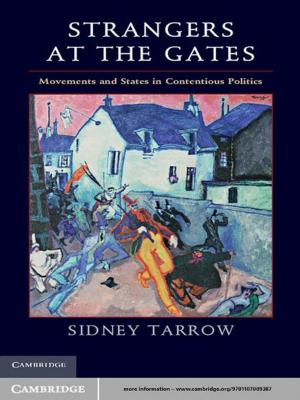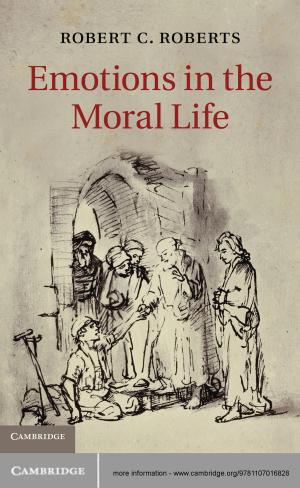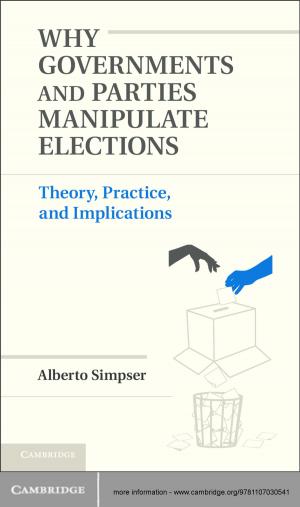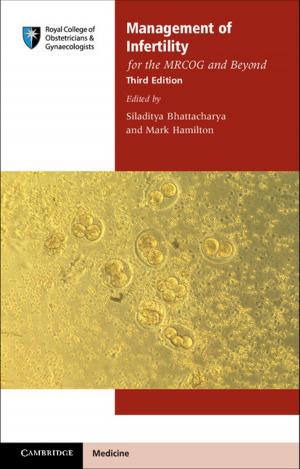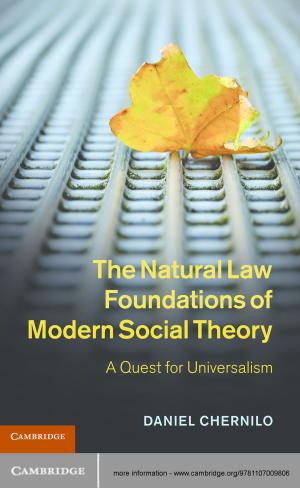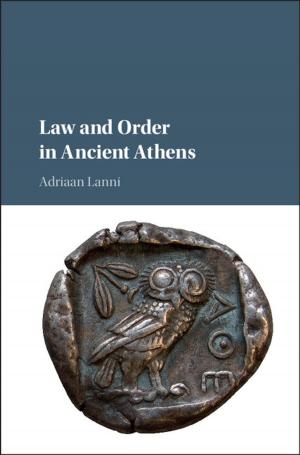Obscenity and Film Censorship
An Abridgement of the Williams Report
Nonfiction, Religion & Spirituality, Philosophy, Political, Reference & Language, Law| Author: | ISBN: | 9781316430330 | |
| Publisher: | Cambridge University Press | Publication: | October 8, 2015 |
| Imprint: | Cambridge University Press | Language: | English |
| Author: | |
| ISBN: | 9781316430330 |
| Publisher: | Cambridge University Press |
| Publication: | October 8, 2015 |
| Imprint: | Cambridge University Press |
| Language: | English |
When it first appeared in 1979, the Williams Report on Obscenity and Film Censorship provoked strong reactions. The practical issues and political principles examined are of continuing interest and remain a crucial point of reference for discussions on obscenity and censorship. Presented in a fresh series livery for the twenty-first century, and with a specially commissioned preface written by Onora O'Neill, illuminating its continuing importance and relevance to philosophical enquiry, this abridged edition of Bernard Williams's Report presents all the main findings and arguments of the full report, central to which is the application of Mill's 'harm principle' and the conclusion that restrictions are out of place where no harm can be reasonably thought to be done.
When it first appeared in 1979, the Williams Report on Obscenity and Film Censorship provoked strong reactions. The practical issues and political principles examined are of continuing interest and remain a crucial point of reference for discussions on obscenity and censorship. Presented in a fresh series livery for the twenty-first century, and with a specially commissioned preface written by Onora O'Neill, illuminating its continuing importance and relevance to philosophical enquiry, this abridged edition of Bernard Williams's Report presents all the main findings and arguments of the full report, central to which is the application of Mill's 'harm principle' and the conclusion that restrictions are out of place where no harm can be reasonably thought to be done.



